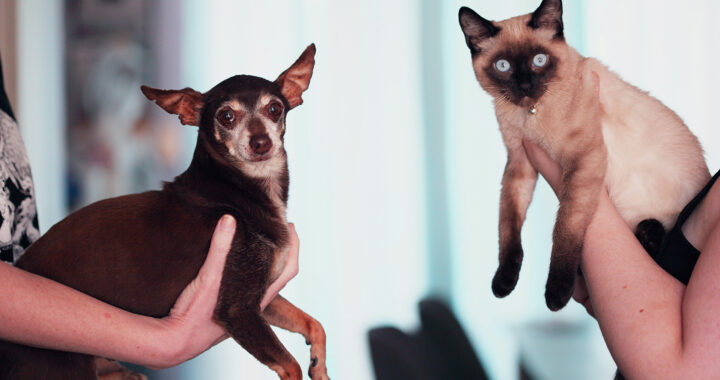A study led by Dartmouth College and published in September 2025 in the journal Anthrozoös has revealed subtle but notable differences in charitable giving between cat owners and dog owners. Researcher Ho-Chun Herbert Chang analyzed 10 years of donation records covering more than 63 million donors across the United States.
Background
Research into charitable behavior increasingly ties generosity to demographic identity and psychological traits, prompting interest in whether pet ownership subtly reflects personality differences that influence patterns of giving over time.
The study spanned between 2013 and 2022 and examined close to 788 million individual donation transactions valued at close to 70 billion U.S. dollars. Moreover, to ensure consistent analysis, the research only included contributions ranging between 20 U.S. dollars and 100000 U.S. dollars, excluding extremely small or extremely large outliers.
Chang included demographic and socioeconomic variables to control for potential confounding effects. These included age, gender, race, marital status, number of children, income, education, and political partisanship. Alongside these factors, the central variable was pet ownership status, specifically whether an individual owned a cat, a dog, or had no pets.
A machine learning model called CatBoost, designed for categorical data, was utilized to analyze patterns within this vast dataset. This approach enabled the detection of subtle and nonlinear associations among demographic factors, pet ownership, and donation behavior. It provided a more refined perspective than regression or correlation analysis.
Key Findings
Using 10 years of donation data from more than 60 million individuals, the study used CatBoost modeling and controlled for socioeconomic and demographic variables to examine correlations between animal ownership and philanthropic behavior.
The study determined that cat owners donated slightly more than dog owners when examining total contribution amounts within the 10-year window. Cat owners also had higher donation frequency and supported a broader range of charitable categories compared to individuals who reported owning only dogs during the same period.
Data further revealed that individuals without pets consistently contributed the highest overall amounts and showed the widest philanthropic reach. Their donation patterns exceeded both cat owners and dog owners in monetary value and diversity of recipient organizations. This shows that pet ownership was not associated with the strongest levels of giving.
Chang emphasized that these differences, although modest, can still be considered significant. He explained that previous psychological research suggests personality traits, particularly openness, play a role in generosity. Cat owners have often been found to score higher on openness, a factor potentially explaining their greater variety of donations.
Takeaways
Results revealed that cat owners donated slightly more frequently and to a broader range of causes than dog owners, while individuals without pets contributed the highest overall amounts and demonstrated the widest charitable reach.
The study highlights important nuances. The divergences between cat owners and dog owners are not substantial, but they are detectable across a very large sample. Moreover, while the research establishes associations, it cannot confirm causality, since underlying factors such as personality traits or lifestyle choices and status may influence both variables.
Note that the findings present implications for fundraising strategies. Charitable organizations may consider pet ownership status as one useful predictor when segmenting donor outreach campaigns. However, experts caution that the effect is incremental and should be combined with other demographic and behavioral insights for meaningful results.
The research is part of the broader literature linking identity markers and prosocial behavior. It supports the view that pet ownership reflects more than companionship and potentially aligns with psychological traits that shape human interactions and generosity. Future studies could examine further the mechanisms behind pet ownership and behaviors.
FURTHER READING AND REFERENCE
- Chang, H. C. H. 2025. “Pet Ownership Ties as Indicators for Giving Behavior.” Anthrozoös. 1-12. DOI: 1080/08927936.2025.2544418
